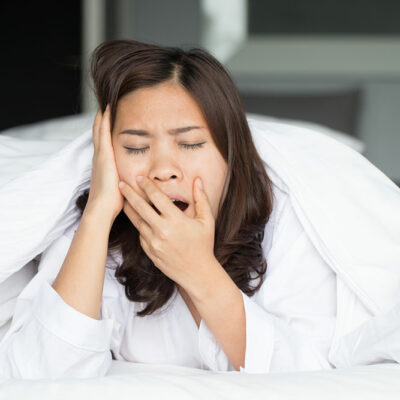
4 pet care mistakes to avoid
Having a pet is an incredibly rewarding and heartwarming experience, but caring for them isn’t easy. It requires a lot of involvement, whether it is in the form of time, attention, or resources. A pet’s health and happiness depend on many factors, including proper nutrition, regular exercise, preventive measures, mental stimulation, a loving environment, and more. However, some mistakes that pet parents make may compromise their pet’s health and well-being. Ignoring fleas and ticks Pet parents often make the mistake of ignoring minor fleas and ticks, thinking that they will go away on their own. But fleas and ticks are pests that not only cause pets discomfort but also put them at risk of developing infections, skin irritation, and other diseases like Lyme disease or Rocky Mountain spotted fever. So, one should regularly check for signs of these pests and use measures like flea collars and treatments, especially during warmer months, to ensure optimal pet health. Not paying attention to oral hygiene Pets may not necessarily need brushing and flossing daily as humans do, but they require a certain level of dental care. Poor oral hygiene can cause tartar buildup, gum disease, or heart or kidney issues. While brushing a pet’s teeth is the best option to maintain their oral hygiene, chewable toys like chewables by PetSmart, especially for dogs, are also an option.
Read Article 



